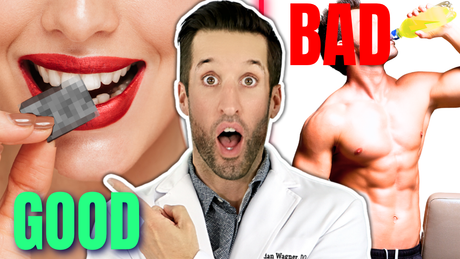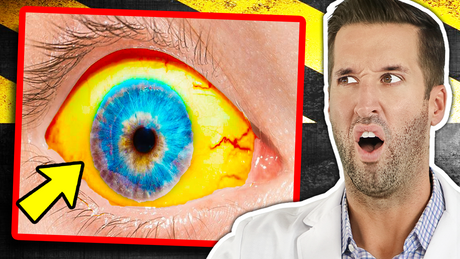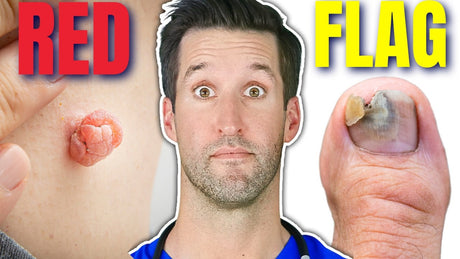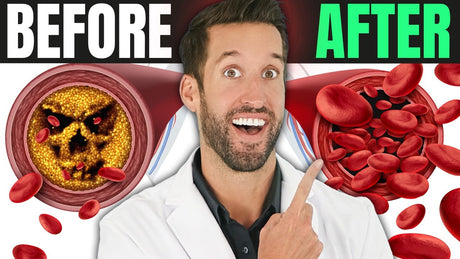Your poop holds secrets about your health! From colors like green and white to unusual textures and even floating stool, your bathroom habits could provide essential insights into your overall well-being. While it might sound gross, understanding what your stool says about your health is crucial for identifying potential health concerns early.
1. Hard, Lumpy Stools (Constipation)
Hard, lumpy stools are often a sign of constipation caused by low fiber intake or dehydration. To combat this, increase your water consumption and add fiber-rich foods such as fruits, vegetables, and whole grains to your diet. Stress, lack of physical activity, and some medications can also contribute to constipation. Persistent constipation may indicate conditions like IBS or diabetes, so consult your doctor if it continues.
2. Pencil-Thin Stools
Consistently thin stools might signal a blockage or colon narrowing, potentially due to polyps or even colon cancer. If accompanied by symptoms like weight loss or blood in the stool, it's essential to consult your doctor. Colon cancer is increasingly affecting younger people, so early screening is crucial.
3. Loose or Watery Stools (Diarrhea)
Diarrhea can result from infections, food intolerances, or stress. It occurs when food passes too quickly through the intestines, preventing water absorption. Staying hydrated is key to recovery. Persistent diarrhea might indicate underlying conditions like IBS, Crohn’s disease, or hyperthyroidism, so seek medical advice if symptoms last more than a couple of days.
4. Green Stool
Green stool often comes from eating leafy greens or food dyes. However, it can also be caused by rapid digestion or conditions like IBS and Crohn’s disease. If green stool persists with symptoms like pain or weight loss, consult your healthcare provider.
5. Pale or Clay-Colored Stool
Light-colored stool can point to liver or bile duct issues. Bile gives stool its brown color, and a reduction in bile production may indicate conditions like hepatitis or gallstones. Persistent pale stools should be evaluated by a doctor.
6. Black or Dark Stool
Black stool might result from iron supplements or certain foods, but it can also signal bleeding in the upper digestive tract. If you haven’t consumed foods or supplements that could cause black stool, consult your doctor immediately.
7. Bright Red Stool
Red stool can be due to foods like beets, but it might also indicate bleeding in the lower digestive tract caused by hemorrhoids or anal fissures. Persistent or unexplained red stool requires medical attention.
8. Foul-Smelling Stool
Bad-smelling stool can suggest malabsorption disorders like celiac disease or infections like Giardia. Chronic foul-smelling stool could also be linked to pancreatic or liver conditions, so seek medical advice if the smell persists.
9. Mucus in Stool
While small amounts of mucus are normal, excessive mucus might indicate infections, IBS, or IBD. If you notice frequent mucus in your stool, consult your doctor.
10. Floating Stool
Floating stool might mean excess gas or poor fat absorption, possibly due to dietary factors or chronic pancreatitis. If floating stools persist, consult your doctor to rule out malabsorption issues.
Boost Your Digestive Health
Maintaining digestive health involves addressing factors like stress and sleep. Supplements like Chillax and Do Not Disturb from Life Happns can help. Chillax promotes calmness with ingredients like magnesium and L-theanine, while Do Not Disturb supports restful sleep.
Conclusion
Paying attention to your poop can help you catch potential health issues early. Subtle changes may indicate larger problems, so don’t ignore what your body is telling you. For more tips and products to support your digestive health, explore the full range of supplements on Life Happns.
References
- American Cancer Society: Rising Rates of Colon Cancer
- NCBI: Hyperthyroidism and Digestive Health
- Gastroenterology Journal: Malabsorption Syndromes
All information on the Life Happns website is for informational purposes only, and is not intended to be used for medical advice, diagnosis, or treatment. Always seek the advice of your physician or other qualified health provider with any questions you may have regarding a medical condition or before starting any new supplement or health regimen.








